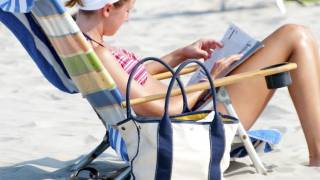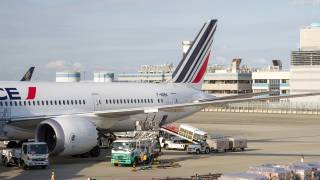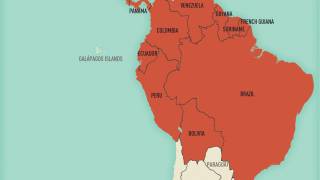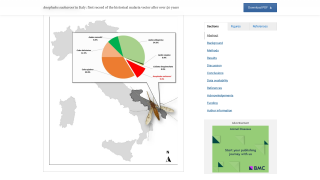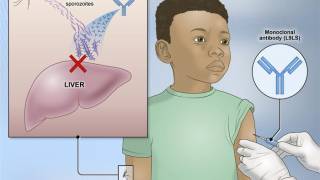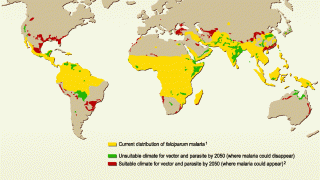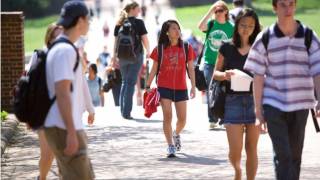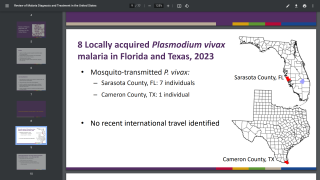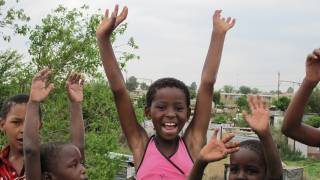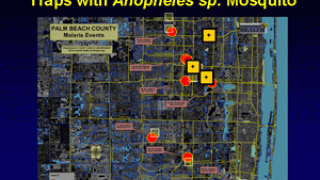Venezuela’s Bolivar Is Winning the Malaria Challenge

Decades ago, the South American country of Venezuela was leading the battle against malaria.
But in recent years, malaria has made a major comeback in the Bolivar State of Venezuela.
According to a Doctors Without Borders press release published on January 17, 2020, Venezuela ranked as the most affected nation in Latin America, with over 320,000 malaria cases reported during 2019.
In the municipality of Sifontes, located in Bolivar, ‘malaria became endemic’ explains Yorvis Ascarnio, an inspector of public health who works for the National Malaria program.
With the assistance of Doctors Without Borders, known internationally as Médecins Sans Frontières (MSF), 2019 was a year of change in Bolivar, which is located in the southwest area of Venezuela.
To make an impact, the MSF strategy was to get as close to the people who might be infected by malaria.
During 2019, MSF treated more than 85,000 people for malaria, distributed over 65,000 mosquito nets, sprayed 530 households and helped carry out over 250,000 malaria diagnostic tests.
Because of this program, the number of malaria cases has decreased by approximately 40 percent in the municipality of Sifontes.
“We went from as many as 200 people queuing in front of the diagnostic points and many people who were infected with malaria to a situation a bit more manageable now,” says Monserrat Barrios, an MSF bioanalyst in charge of training new technicians at diagnostic points.
However, these positive changes need to go well beyond the municipality of Sifontes.
Venezuela’s current malaria crisis has deeply impacted the health system in general and it is felt almost everywhere.
To alert international visitors, the US Centers for Disease Control and Prevention (CDC) said in a Level 3 Travel Alert published on January 3, 2020, ‘Venezuela is experiencing outbreaks of infectious diseases, and adequate healthcare is currently not available in most of the country.’
Malaria is a disease caused by a parasite that spreads to humans through the bite of an infected mosquito. It should be considered a medical emergency and appropriate treatment cannot be delayed, says the CDC.
To prevent malaria, there are prescription medicines available in the USA.
But, the resistance to chloroquine (one of the drugs used to prevent malaria) has been found high in other countries, so visitors could use daily atovaquone-proguanil, daily doxycycline, or weekly mefloquine to prevent malaria.
Because the drugs used to prevent malaria are not 100 percent effective, visitors should also take steps to prevent mosquito bites by using insect repellent and wearing protective clothing when outdoors.
The CDC says to cover exposed skin by wearing long-sleeved shirts, long pants, hats and sleeping under protective nets.
Another malaria prevention option is vaccination.
In Africa, the Mosquirix (RTS,S/AS01) vaccine is being administered to children in various countries during 2020.
The Mosquirix vaccine is currently indicated for children aged 5 to 17 months and infants aged 6 to 12 weeks at the time of the first vaccination, to help protect against malaria caused by the parasite Plasmodium falciparum, says the CDC.
The CDC said in June 2019, that data collected from GeoSentinel Global Surveillance Network clinics from 2003–2016 showed that 53 percent of returned travelers to the USA diagnosed with malaria were classified as Visiting Friends & Relatives (VFR) and that 83 percent of whom acquired their disease in sub-Saharan Africa.
About 1,700 cases of malaria are diagnosed in the USA each year.
In addition to malaria, Venezuela is confronting other infectious diseases outbreaks during 2020, such as the following:
- During the past year, over 1,000 confirmed cases of measles, including more than 50 related fatalities have been reported in 9 states.
- In the past 2 years, over 1,600 suspected cases of diphtheria, including over 140 fatalities, have been reported in 22 states.
MSF has been working in Venezuela since 2015. Teams are currently working in the capital, Caracas, and Bolivar, Sucre, Amazonas, and Anzoátegui states. Between 2016 and early 2018 we also provided medical care in Maracaibo, in the northwest of the country.
MSF’s work in Venezuela is funded exclusively by private donations from individuals around the world. MSK is an international, independent, medical humanitarian organization.
Venezuela medication and vaccination news published by Vax-Before-Travel.
Our Trust Standards: Medical Advisory Committee









